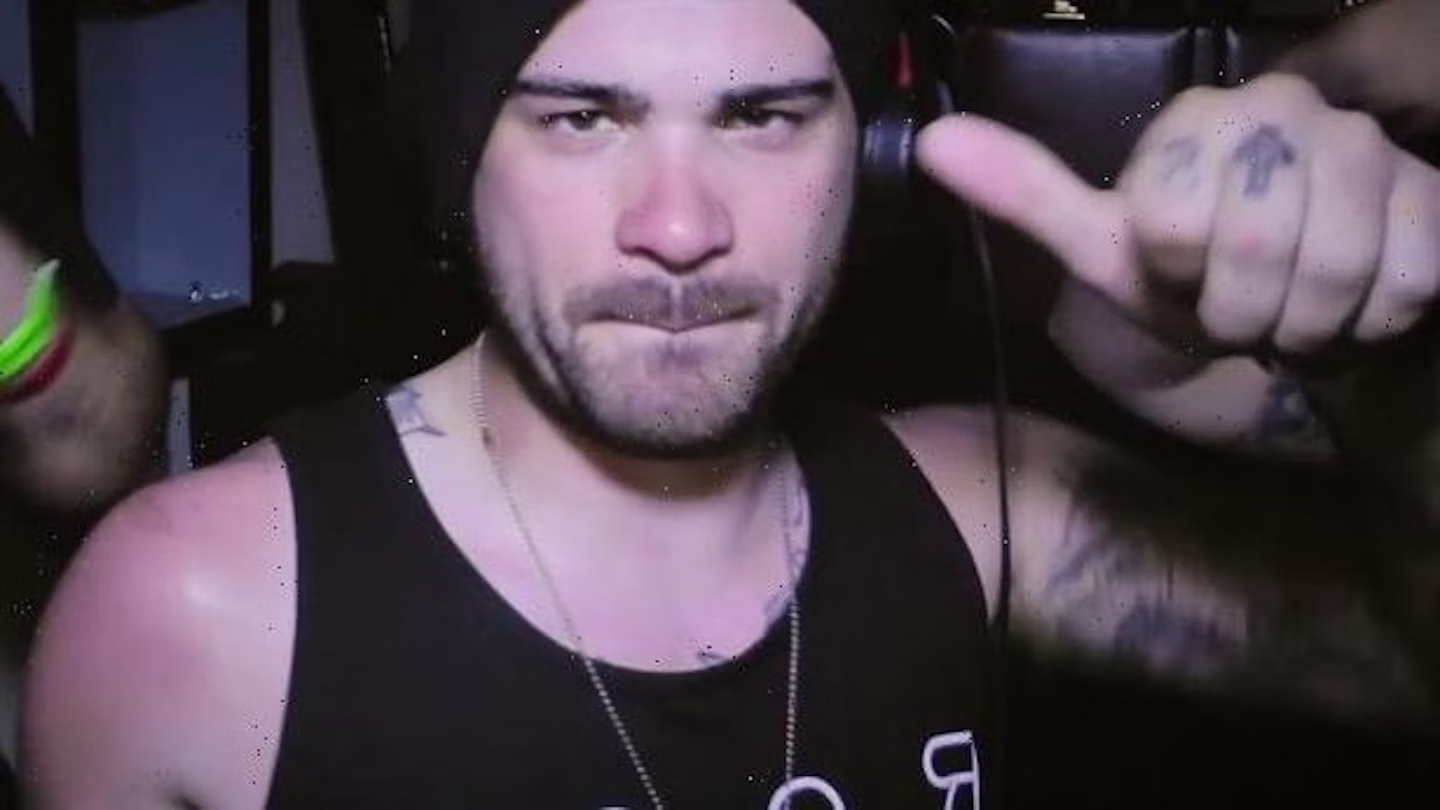
Hunter Moore did not initially intend to make a career out of wreaking havoc on women's lives, but he fully embraced the role as the founder of IsAnyoneUp.com. From 2010 to 2012, Moore's website served as a notorious platform for what would later be termed "revenge porn" - the non-consensual sharing of intimate images and videos, typically by scorned ex-partners.
What set Moore apart was his willingness to go beyond merely hosting content submitted by jilted lovers. He actively obtained and published stolen images and videos, often accompanied by the victim's personal information, amplifying the harm caused.
Despite facing legal threats and backlash, Moore reveled in the attention his site garnered, seeing each threat as fuel for its popularity. However, in 2012, he unexpectedly shut down IsAnyoneUp.com and sold the domain to James McGibney, an anti-bullying activist, who redirected it to Bullyville.com.
Moore claimed exhaustion from the legal issues and the burden of monitoring content for underage individuals as reasons for closing the site. However, this marked only the beginning of his legal troubles.
Who Fell Victim To Moore's Actions?
During its peak notoriety, Is Anyone Up published intimate content featuring over 40 individuals, with the majority being women, as reported by The Guardian.
In a 2012 letter, Moore essentially confessed that the website served as a hub for revenge porn, acknowledging the transformation from personal vendettas against former partners to a widespread platform for exploitation.
The women targeted by Is Anyone Up represented various professions, ranging from teachers to healthcare professionals, according to University of Virginia Law Professor Danielle Citron. Many reached out to Citron, expressing desperation and humiliation, with some unable to resume their daily routines due to the public exposure of their private lives.
Citron, also Vice President of the Cyber Civil Rights Initiative, highlights Moore's primary objective as the humiliation of individuals' private lives, coupled with facilitating their harassment. His brazenness in perpetrating these actions publicly was particularly striking at the time, as he openly boasted about ruining lives for his own amusement.
Financial gain was another driving force behind Moore's actions. He claimed that Is Anyone Up generated significant advertising revenue each month, according to The New Yorker.
One of Moore's early victims, Kayla Laws, discovered a topless photo of herself on Is Anyone Up in January 2012. Laws, an aspiring actress at the time, had never shared the image with anyone. Her mother, Charlotte Laws, described her daughter's reaction as one of shock, violation, and profound humiliation.
Laws's emotional turmoil following the incident illustrates the profound impact of Moore's invasive and exploitative actions.
The Downfall Of The King Of Revenge Porn
When Moore adamantly refused to remove her daughter's image from his site, Charlotte Laws embarked on a personal crusade to bring him to justice.
"I reached out to his publicist, his attorneys, and even attempted to contact his mother," recalls Charlotte Laws. "When he persisted in keeping the photo up, I switched into investigator mode to uncover everything about him."
Initially, Kayla and Charlotte Laws sought assistance from the Los Angeles Police Department to initiate a criminal investigation. However, their efforts were met with discouragement.
"We encountered a detective who, rather than offering support, questioned my daughter's decision to take such a picture if she didn't want it online," Charlotte Laws recounts. "I vehemently objected, accusing the detective of victim-blaming. That's when we turned to the FBI."
Leading up to their meeting with federal agents, Charlotte Laws diligently tracked down 40 other victims of Is Anyone Up, encouraging them to provide witness statements.
"I conducted surveys with each of them," she explains. "Approximately 40 percent reported being hacked. We even uncovered evidence indicating that some victims were targeted by the same individual using the alias Gary Jones."
With the assistance of victims' testimonies and evidence gathered by Charlotte Laws, the FBI apprehended Moore and his associate, Chris Evens, also known as the hacker using the pseudonym Gary Jones, in January 2014.
The charges brought against the two men included 15 counts of aggravated identity theft, conspiracy, and hacking. The federal indictment alleged that Moore regularly compensated Evens between December 2011 and March 2012 to unlawfully access victims' emails and steal their private images.
In February 2015, Moore pleaded guilty to two counts of aggravated identity theft and aiding and abetting unauthorized computer access. Rolling Stone magazine, dubbing him 'the Most Hated Man on the Internet,' reported his sentencing to 30 months in federal prison, followed by three years of supervised release, according to Law 360.
Hunter Moore: Where Is He Now?
With the exception of his Twitter account, which indicates that he presently resides in Miami, Florida, Moore has maintained an anonymous profile since his release from prison in September 2017. He will occasionally remind his admirers of his notoriety.
"I really want to make twitter fun again but [the] cancel culture revolution thing and people are way too sensitive now," he tweeted on July 1, 2022. "Is Anyone Up!" he tweeted three days later.
Even while distributing private photos without permission is now illegal in 48 states and Washington, D.C., Citron notes that combating revenge pornography remains difficult. The SHIELD Act, a federal measure, has likewise not been passed. It would have been illegal to distribute "private intimate visual depictions with reckless disregard for the individual's lack of consent to the distribution, and for other purposes," as stated in the Stopping Harmful Image Exploitation and Limiting Distribution Act of 2019 bill.
According to Citron, "intimate photos and videos are sold on over 900 websites." "The passed bills are extremely limited, only elevate felonies to misdemeanors, and are terribly unenforced."
Furthermore, Charlotte Laws says that Moore hasn't expressed regret since entering prison. She claims, "I checked his Twitter a few days ago, and he is not sorry. He still holds the same opinion." "He hasn't altered his perspective in any way."
See Also: